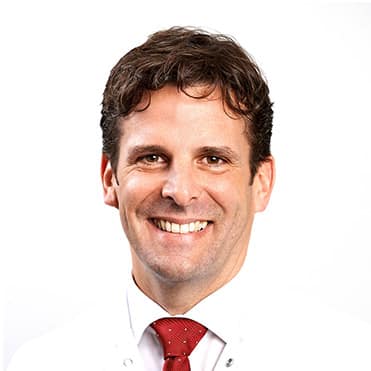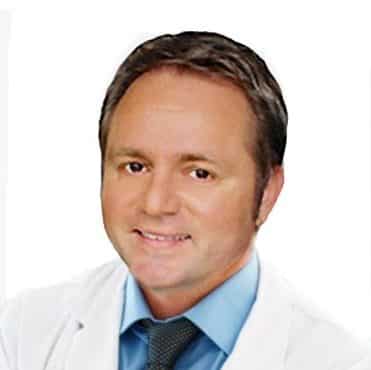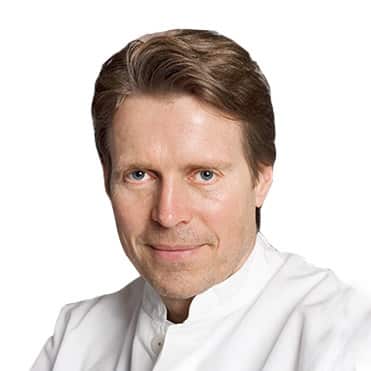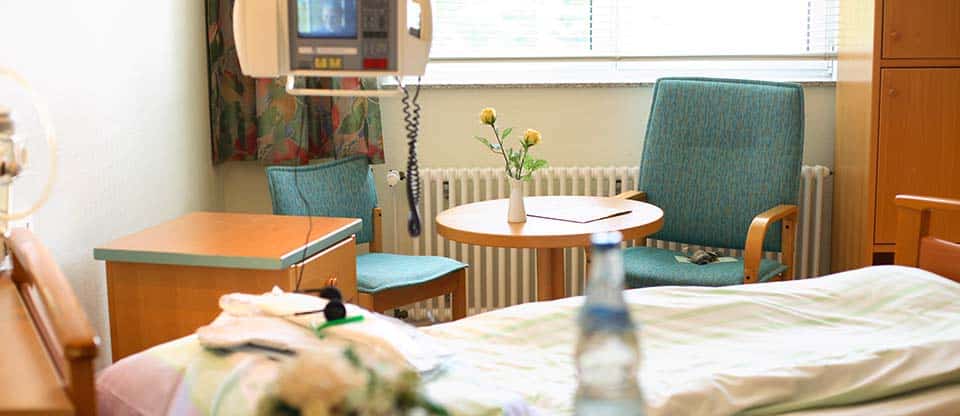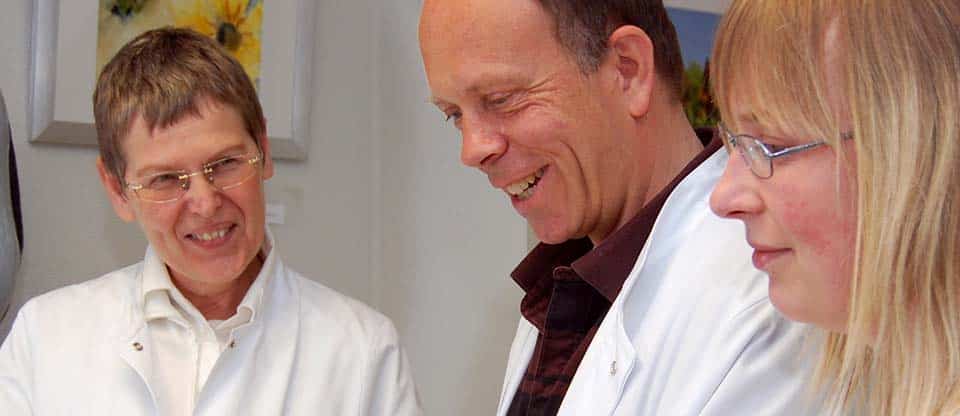Chemotherapy works by using cellular poisons (cytotoxic substances) that block the growth of malignant cells through various mechanisms.
In this case, just as in radiotherapy, different intensity of cell division and different ability to restore malignant and benign cells are used. This difference allows you to destroy malignant cells, while healthy tissue suffers to a much lesser extent. Chemotherapy is most often administered intravenously to allow the bloodstream to distribute the drugs throughout the body (systemic therapy).
While the destruction of squamous cell carcinomas of the upper respiratory and digestive tract can be increased with combined radiochemotherapy, there is currently little and as yet insufficiently convincing evidence for the effectiveness of chemotherapy as the only treatment option. First of all, taking into account the latest substances (antibodies, “small molecules”), this method of therapy currently wins in terms of relevance in an interdisciplinary treatment program. So in the future, in addition, it will be determined what intensity and in what sequence the three methods of treatment - chemotherapy, surgery, radiation therapy - will be applied.
Video
Request appointment
Useful links


